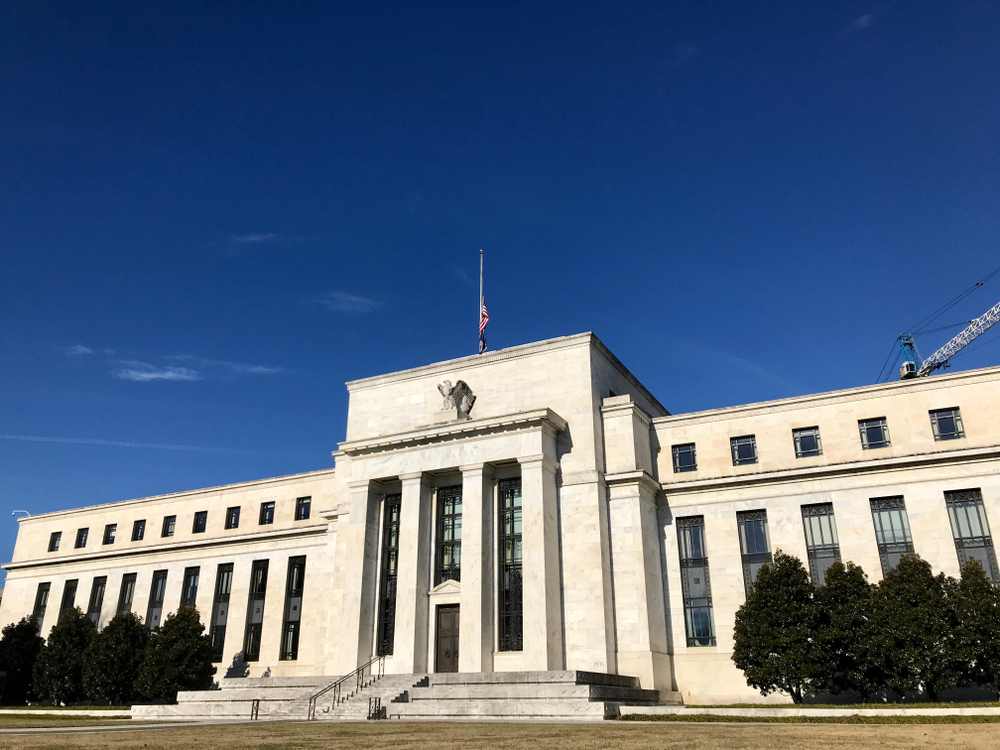Business
Fed Chair Powell: ‘A Long Way To Go’ Until Economy Is Out Of The Woods

Federal Reserve Chairman Jerome Powell said yesterday that the economic recovery still has “a long way to go” despite significant progress in job creation, goods consumption, and new business formations. He also said now is not the time to pull back on both fiscal and monetary stimulus.
“While the combined effects of fiscal and monetary policy have aided the solid recovery of the labor market so far, there is still a long way to go,” Powell said.
If policymakers take their foot off the gas, it could “lead to a weak recovery, creating unnecessary hardship for households and businesses,” Powell said. He also mentioned that it could slow an economic rebound that has progressed more quickly than expected.
“By contrast, the risks of overdoing it seem, for now, to be smaller,” Powell said while talking with the National Association for Business Economics. “Even if policy actions ultimately prove to be greater than needed, they will not go to waste. The recovery will be stronger and move faster if monetary policy and fiscal policy continue to work side by side to provide support to the economy until it is clearly out of the woods.”
Powell on Fiscal Measures
Powell praised lawmakers for their quick response with fiscal measures in March and April. He said they were “by far the largest and most innovative fiscal response to an economic crisis since the Great Depression.”
He cautioned that pulling back on both fiscal and monetary stimulus could increase the risk of an economic slowdown. This slowing down would become completely different from the one caused by the coronavirus this spring. It's also one would be much harder to recover from.
Additionally, he said that when “weakness feeds on weakness” signals the creation of this type of slowdown. This creation can occur when the economy slips into recession. It also kicks off a cycle where layoffs lead to lower consumer demand and thus more layoffs.
He added that targeted help should be provided for businesses hit hardest by the pandemic. He also mentioned that the “right thing to do and the smart thing to do” is to continue financial support for workers whose jobs may never return.
Powell mentioned the disproportionate impact the economic downturn had on those at the lower end of the socioeconomic ladder. He said employment rates for the lowest rung of the wage distribution scale is still 21% below its February level. Meanwhile, workers who receive higher wages have only seen a 4% dip in the employment rate.
“A long period of unnecessarily slow progress could continue to exacerbate existing disparities in our economy. That would be tragic, especially in light of our country’s progress on these issues in the years leading up to the pandemic,” Powell said.
Interesting Takeaways
Two interesting notes from Powell’s talk:
During a question and answer session, Powell said now is “not the time” to worry about getting the federal budget deficit back on a sustainable path.
Someone also asked Powell if he felt worried about a spike in inflation. To this, he said disinflationary pressures persist all around the world.
“We are still seeing downward pressure on inflation and I think it's appropriate for central banks and certainly the Fed to take that into account,” he said.
Up Next:















